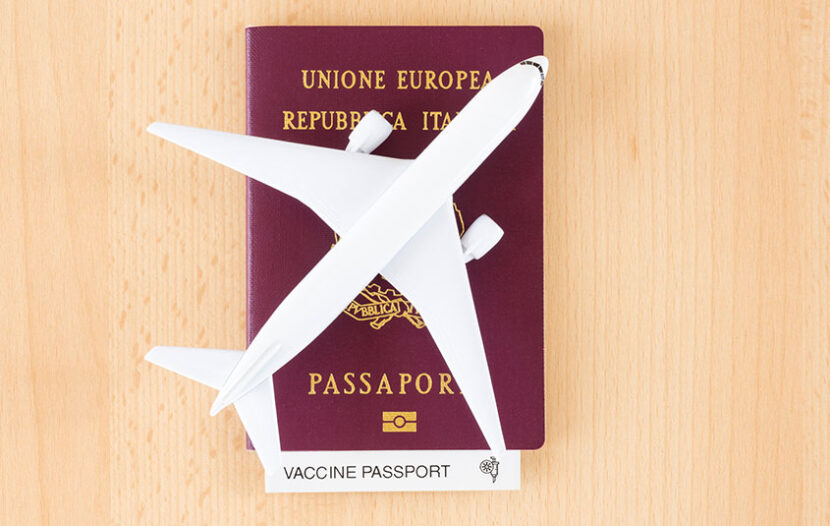OTTAWA — The National Airlines Council of Canada (NACC) and Airlines for America (A4A) have teamed up to send a clear message to the Canadian government: there needs to be a plan, now, for the restart of the Canada – U.S. aviation transborder market.
The NACC’s President and CEO Mike McNaney and A4A’s President and CEO Nick Calio sent the joint letter to senior Canadian Ministers.
The letter reads: “As vaccination rates increase exponentially in both countries, and provincial governments release their restart plans, now is the time for the federal government to engage immediately with airlines to deliver a clear roadmap and timeline to reopen the air border. We believe this work should be completed and announced before June 21, when the existing Canadian border measures are set to potentially be renewed.”
Supporting the use of a data and science-based approach, the NACC and A4A say they believe the transborder restart plan must be based on the recommendations outlined last week in a report by the Testing and Screening Expert Advisory Panel launched by Health Canada.
As the joint letter notes, the panel’s report, prepared by experts in epidemiology, virology as well as advanced data analytics, calls for a variety of changes to Canadian border and travel policy including elimination of quarantine for fully vaccinated travellers, elimination of hotel quarantine for all travellers, and reduction of quarantine for partially vaccinated and unvaccinated travellers.
The panel’s report, available here, says border measures “must evolve to reflect the experience gained and the global situation regarding VoCs [variants of concern] and vaccination.”
So far the federal government has given no indications that any of Canada’s travel restrictions will be eased or, in the case of the hotel quarantine, eliminated. And effective today, June 4, the fine for hotel quarantine dodgers increases to $5,000.
Noting that other jurisdictions began releasing restart plans for international flights in April, and that reopening transborder air travel is essential for the economic recovery of both countries, the joint letter from the NACC and A4A calls for the Canadian government to release the re-start plan before June 21, when the current border restrictions are scheduled to be renewed.
Collectively the NACC and A4A represent North America’s major commercial passenger airlines including Air Canada, Air Transat, Jazz Aviation, WestJet, Alaska Airlines, American Airlines, Delta, Hawaiian Airlines, jetBlue, Southwest and United.
The letter can be found here.
In addition to the transborder market, the NACC continues to also call on the Canadian government to move forward with a re-start strategy for international travel overall.
VACCINE PASSPORT PRESSURE
Meanwhile consumer media coverage of the need for Canada to push ahead with vaccination certification for international travel is ramping up.
CTV News notes that earlier this week Manulife is increasing out-of-country medical benefits for fully vaccinated travellers. It also quotes industry experts on the need to Canada to quickly move forward with plans for proof of vaccination for international travel, and cites Leger poll results showing that the majority of Canadians are in favour of vaccination passports for international travel. A similar poll from Ipsos in April indicated the same thing.
Canada’s Health Minister Patty Hajdu and Transport Minister Omar Alghabra have already signalled Canada’s intention to collaborate with its G7 counterparts on vaccine passports for international travel, and the issue is expected to be on the agenda at this month’s G7 Summit in the UK. The EU’s Digital Green Pass, also known as the EU Digital COVID Certificate will launch July 1 however several EU countries including Greece, Germany, Denmark, Bulgaria, Czechia, Poland and Croatia have already rolled out the new pass.
The EU Digital COVID Certificate could also eventually be available to non-EU international travellers, according to reports. It carries proof that the bearer has been vaccinated against COVID-19, has tested negative or has already recovered from COVID-19. The certificate is available either digitally or in paper format and has a QR code. More information is available here.

